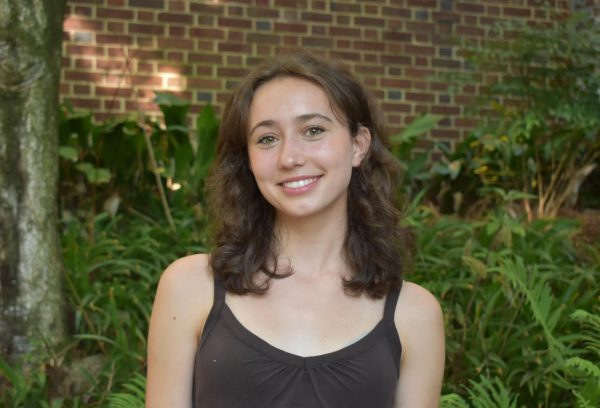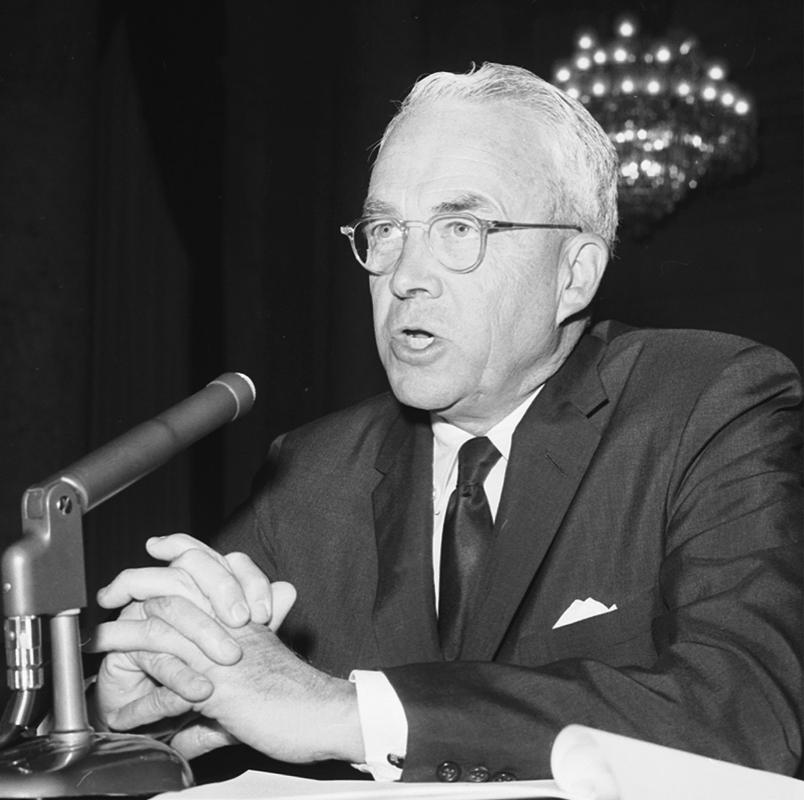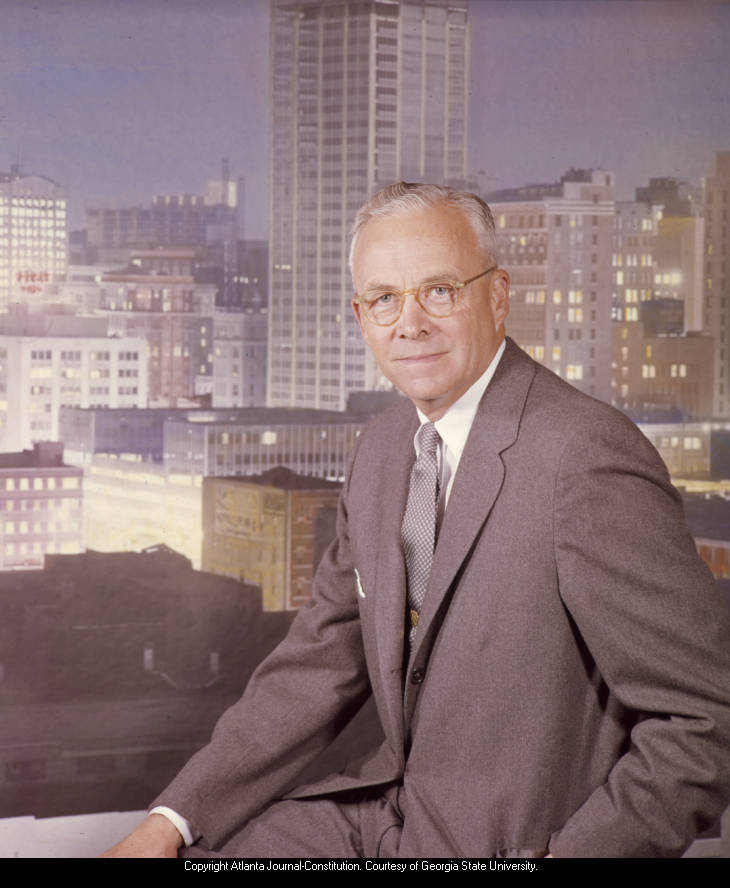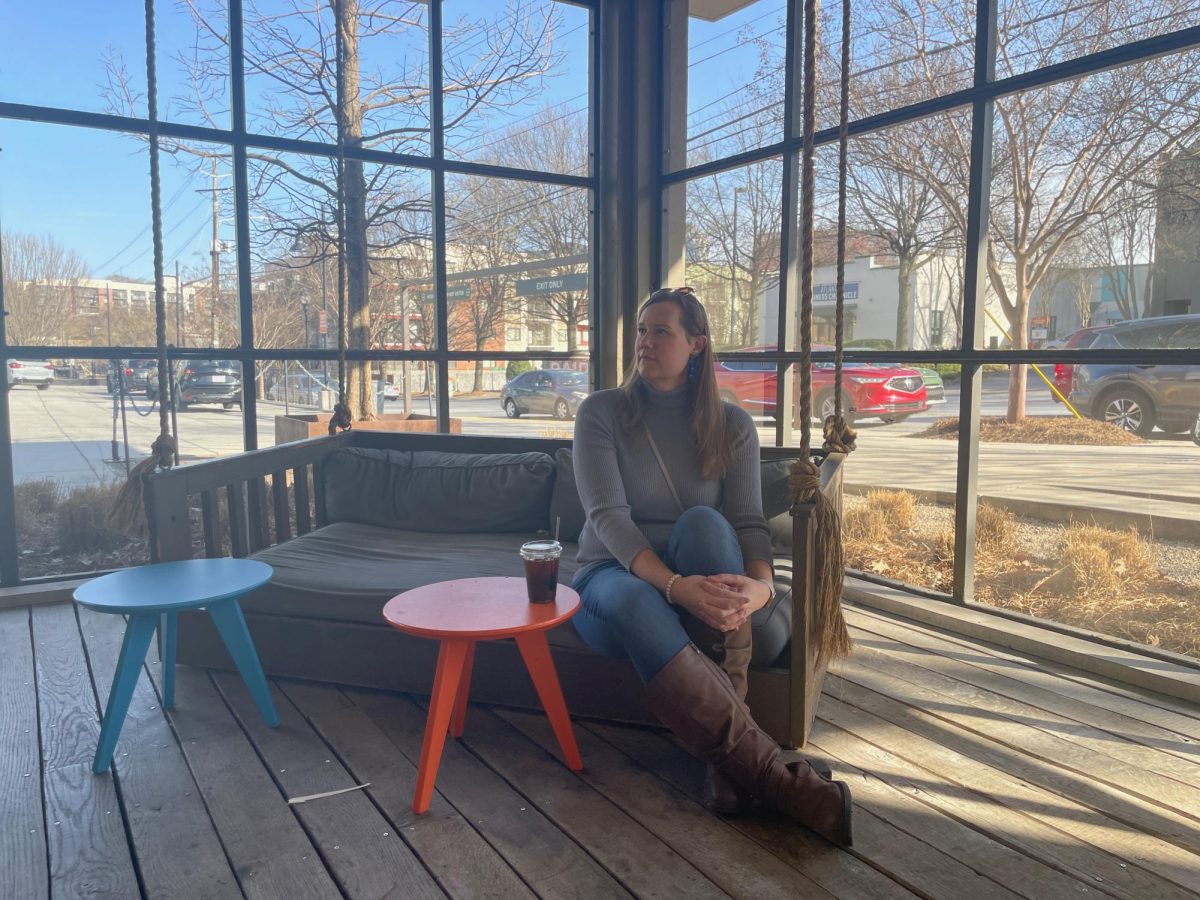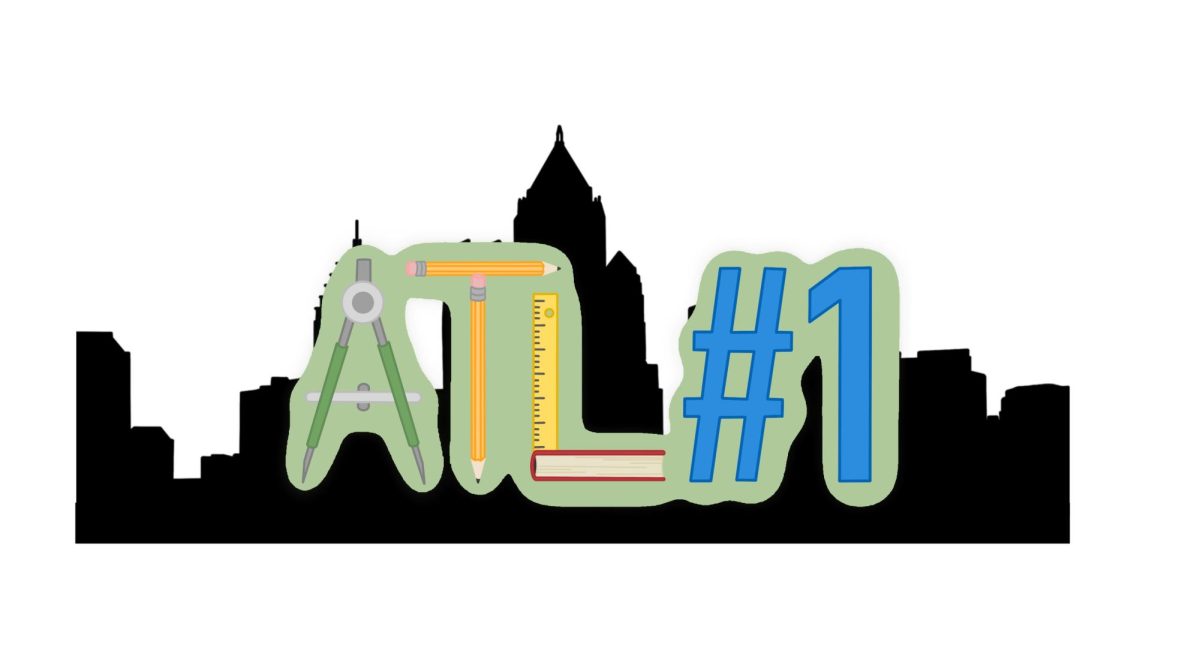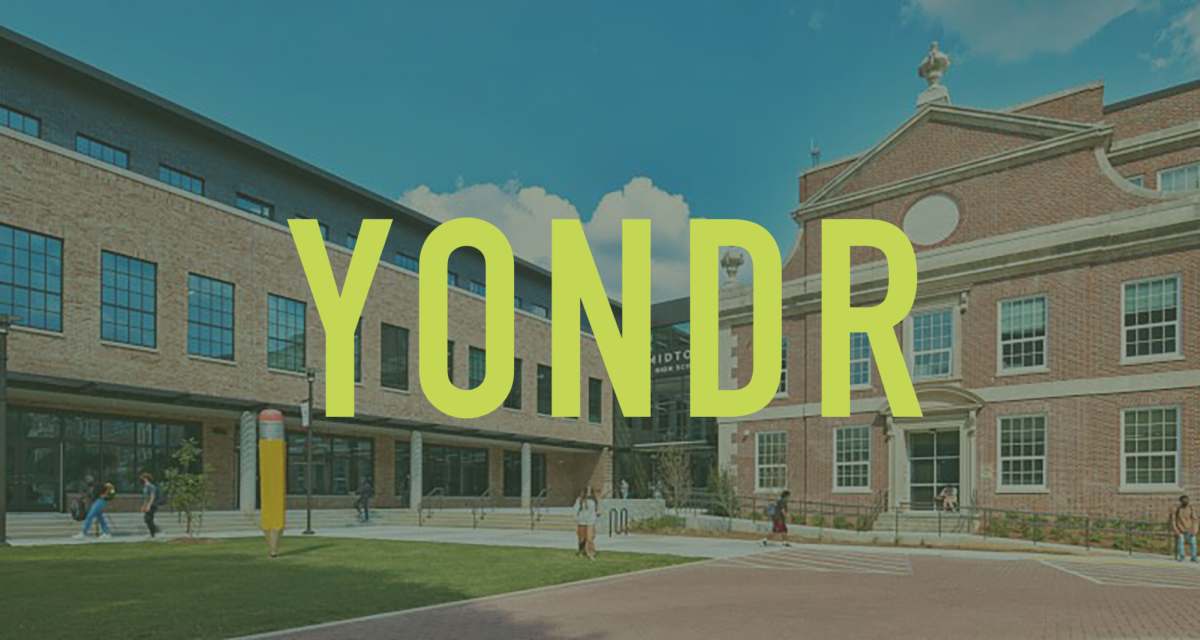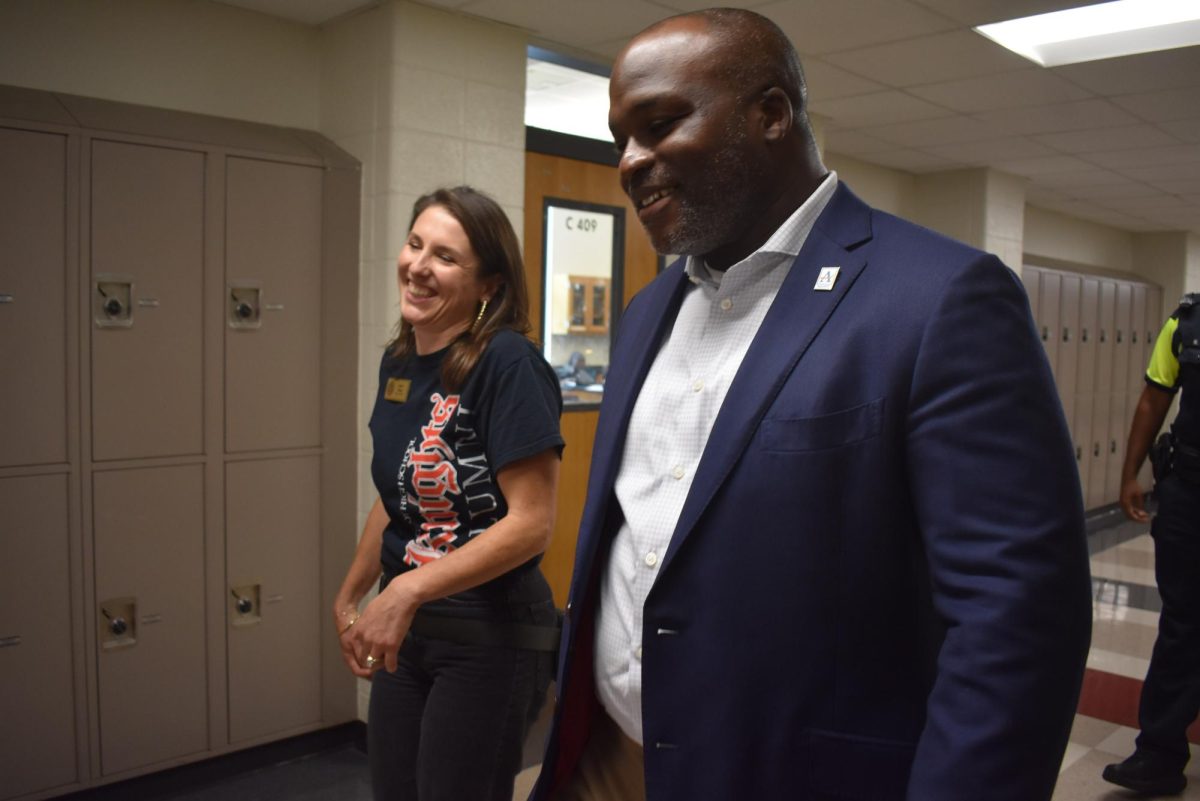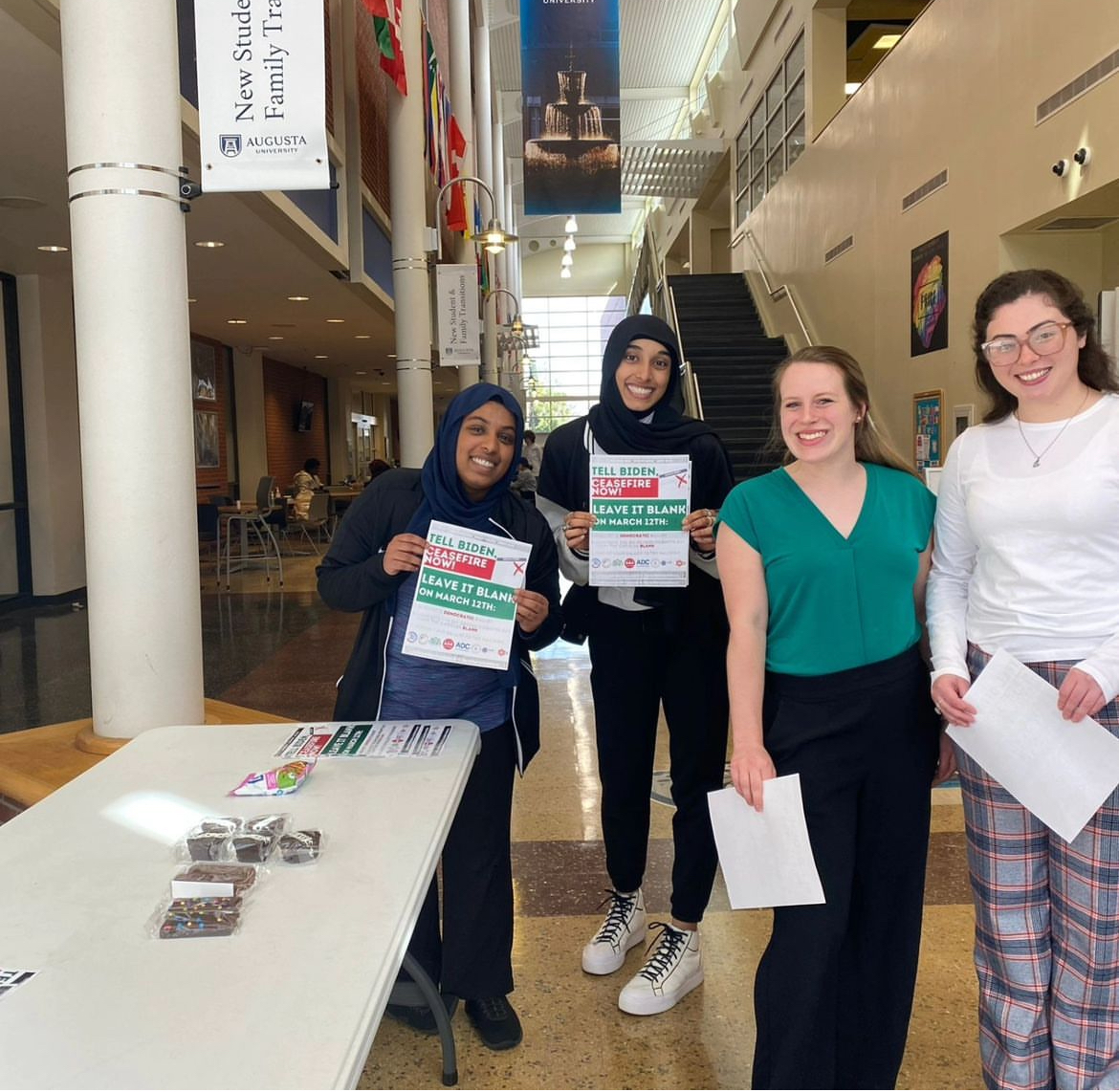Alum Ivan Allen Jr. leaves lasting impact as Atlanta mayor
![CONNECTING COMMUNNITES: Ivan Allen Jr. [pictured right] engaged in racial issues throughout his eight years in the Atlanta Mayor’s office and worked closely with Dr. Martin Luther King Jr. [pictured left] and the Southern Christian Leadership Conference. Dr. King’s wife, Correta Scott King [depicted in forefront left]
said about Allen’s mayorial leadership, “With unflinching courage, he guided the city through some of the most turbulent waters.”](https://thesoutherneronline.com/wp-content/uploads/2023/12/vOMjwnRKEkWlFKoguUHd5WS6rQJLMdJ2Wm2I9GxI.jpg)
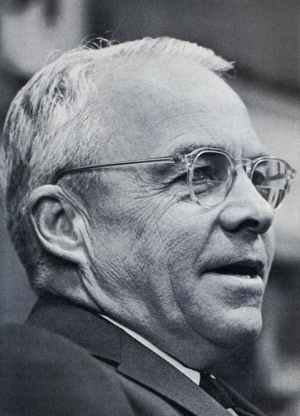
Ivan Allen Jr., the 52nd mayor of Atlanta who guided city growth while promoting peace during the Civil Rights Movement, walked the halls of what is now Midtown a century ago. Today, students learn from Allen’s leadership as a guiding beacon.
“Mayor Ivan Allen Jr. forged alliances and set in motion a series of events that allowed Atlanta to become the capital of the New South,” Atlanta Mayor Andre Dickens said. “He was able to bring about progress in our city in part because he was able to realize that he, himself, was a work in progress, and made sure to keep an open mind and heart.”
Allen graduated as an honor roll student at Boys’ High, Atlanta Public Schools first high school, which eventually became Midtown, and attended Georgia Tech, where he graduated with honors (cum laude) in 1933, with a Bachelor of Science in Commerce. Allen’s second son, Inman Allen, believes his father’s early education laid a foundation for his later career.
“This time was extremely formative to him,” Inman Allen said. “He was able to go on to Georgia Tech and be an outstanding student and peer there in [the] graduating class of 1933. Back then, I think education really prepared men and women for positions of stable leadership, unlike it really does now, due to the rigor of academic study and social norms.”
Inman Allen recounts his father’s description of his high school career as one of simplicity.
“There weren’t as many distractions for high schoolers at the time,” Inman Allen said. “You would go to school, do your athletics, then go home to finish up school work and prepare for the next day. Of course, he had a social life at the school, but it was a lifestyle of true academic focus that was able to prepare students for careers.”
In the final letter to the Boys’ High Class of 1929, Principal W. O. Cheney shared hopes for every student to have sound character and contribute back to their city.
“I trust that among other lessons you have learned the lesson of cooperation and of teamwork,” Cheney wrote in the Boys’ High 1928-1929 yearbook. “I trust that you have also learned to make people like you. I trust that your characters have developed that you can be depended on at all times to do what is right and not what is expedient.”
Social studies teacher Jason Slaven believes Allen embodied these characteristics in his later career and time as mayor, especially in his leadership throughout the Civil Rights Movement.
“Atlanta, and the country at-large in the 60s, was a very tumultuous time for the United States,” Slaven said. “Ivan Allen really represents a government working to increase equity, which is not always what certain state governments might be interested in. With his lead to desegregate Atlanta, he spoke from a common sense business approach but also a very human perspective.”
Allen stood up for the Civil Rights Act by boldly advocating for its passage and defying segregationist pressures, becoming the only Southern mayor to testify in support of the historic legislation before Congress in 1964.
Social studies teacher Mary Van Atta believes that Allen’s support of the act demonstrated his adaptable leadership that played a part in creating the Atlanta that exists today.
“He made a lot of staunch segregationists angry when he switched things up and collaborated with the black community in Atlanta,” Van Atta said. “He had to make some tough choices, but was willing to make them for what he believed was right — his community. He believed in Atlanta, and he believed that Atlanta would thrive if people were willing to set aside their politics to make the community the best place it could be.”
Inman Allen believes that his father’s stance was influential in the progress of the Civil Rights Act and the movement of the South in this transformational time.
“He was pragmatic with a lot of common sense,” Inman Allen said. “The fact that a major city in the southeast had their mayor go to Washington and testify on the basis of the theory of civil rights with a goal to create the enforcement mechanism to make it happen was huge. I think that was considered by many as a very powerful testimony and some historians would even say it swung the pendulum toward the passage of the Civil Rights Act.”
Georgia Tech has created the Ivan Allen Jr. Prize for Social Courage, awarded to community leaders who exhibit traits of the famous former mayor, in hopes to foster his leadership characteristics among the next generation of scholars. Tom Glenn, a trustee of the Wilbur & Hilda Glenn Family Foundation, which donated the money to fund this annual prize, was motivated by the immense courage that he saw in Allen’s mayoral terms.
“A lot of the true Atlanta power structure, or movers-and-shakers at that time, were segregationists,” Glenn said. “A lot of his closest friends and the people around him were very much against what he was doing. The Allens had police surrounding their house while they slept because of death threats. So when we call it the Ivan Allen Prize for Social Courage, we mean it in a very literal sense.”
Additionally, in 1990, Georgia Tech received an anonymous donation for the formation of the Ivan Allen College on Liberal Arts, creating a school to encompass liberal arts studies at Georgia Tech through the humanities and social sciences. In the past 30 years, Georgia Tech has held several events to commemorate and revisit the values of the leader.
Kaye Husbands Fealing is Dean of the Ivan Allen College of Liberal Arts at the Georgia Institute of Technology. She believes that the school’s mission of “developing globally aware and culturally minded critical thinkers to address emerging social, economic, and institutional challenges” is driven my Ivan Allen’s legacy.
“A namesake is extremely powerful in an institution,” Husbands Fealings said. “When students walk through our campus, we want them to embody and learn from Mayor Allen’s powerful traits of growth and social courage.”
Under Mayor Allen’s Forward Atlanta program, the city’s population grew more than 30 percent. Atlanta ranked in the top ten in the nation in downtown construction, with more than 55 new buildings constructed and 22,000 new jobs created each year.
Bill Todd, a member of the selection committee of the prize since its inception and an Atlanta Rotary Club member alongside Allen, considers his legacy to be pivotal for the state of Atlanta today.
“As the business community of America began to set up regional offices across the country, they thought about where to locate in the Southeast,” Todd said. “Hartsfield [Allen’s mayoral predecessor] and Allen started campaigning to make it Atlanta. They were very successful on many sales points with great weather, nice people, low taxes and plenty of land, but the main component that was missing was racial peace. Because of what Ivan Allen did, to go through integration peacefully, led companies like IBM to say ‘I will not go anywhere in the whole south with my family, except Atlanta’ because Ivan Allen was elected on the plan of regular racial reconciliation.”
Todd said that Allen’s stands for racial unity were especially admirable considering his personal background.
“The most courageous thing Ivan Allen did was change,” Todd said. “Ivan Allen once said ‘the only black people I knew were maids, chauffers, and yard men.’ And then by being the Head of Chamber of Commerce, he began to see a different group. They were the ministers and professors from Atlanta University Center, Spelman and Morehouse College. He found these wonderful people that were just as smart as him and it changed him.”
Van Atta sees potential in lessons that students can learn from Allen’s leadership and hopes for more efforts within the school to honor his legacy.
“I think his legacy for students is such a powerful lesson of growth,” Van Atta said. “ He shows that you can come from a certain orientation or understanding, but completely work for what you truly believe in. It shows that your old way of doing things may not be the way that they should be done now or in the future. I would love to see a project honoring him around the school through maybe a historical marker or some physical installation within the school.”
During Allen’s administration, Atlanta was dubbed the “City Too Busy To Hate.” Now, Atlanta Public Schools still utilizes this messaging in “Too Busy To Hate” anti-bullying campaigns, with fully dedicated spirit weeks and events.
“Ivan Allen lived that phrase during the time that he was mayor of Atlanta because he had to kind of walk a tightrope,” Van Atta said. “I think that his story can be contagious for all listeners.”
Glenn said that this slogan can demonstrate the need today still to promote and advocate for social equality.
“There’s a lot of need today for his legacy to be carried on,” Glenn said. “The phrase “The City Too Busy to Hate,” while it was a very good slogan, it was never exactly correct. Atlanta has always had some time to hate and there has always been room for bigotry almost everywhere in the US. It is the courage that Allen had and the possibility to transition in his lifetime that is necessary.”
Class of 2023 graduate Audrey Zeff is currently studying public policy in the Ivan Allen College of Liberal Arts of Georgia Tech. She said her connection to Allen is inspiring in her college career thus far.
“Attending an institution that is named to commemorate a graduate of my own high school is a little surreal,” Zeff said. “As Ivan Allen was such a prominent political leader who stood for just causes, this naming makes me feel connected to the school and its values.”
Todd hopes the Ivan Allen Prize for Social Courage can foster more generations of leadership following after Allen’s core values.
“Tom Glenn came to us 10 years ago with about 2 million dollars and no connection to Georgia Tech, but he had been moved by Ivan Allen so much,” Todd said. “ Allen’s legacy is one that celebrates social courage, not leadership or political power, but the power to have the courage to risk your life and your reputation for what you believe is right.”
Mayor Dickens also believes that these foundational principles define Allen’s legacy, which is visible in Atlanta today.
“Those are qualities found in a good leader like Mayor Allen, and Atlanta is better off for his service to our city,” Mayor Dickens said.
